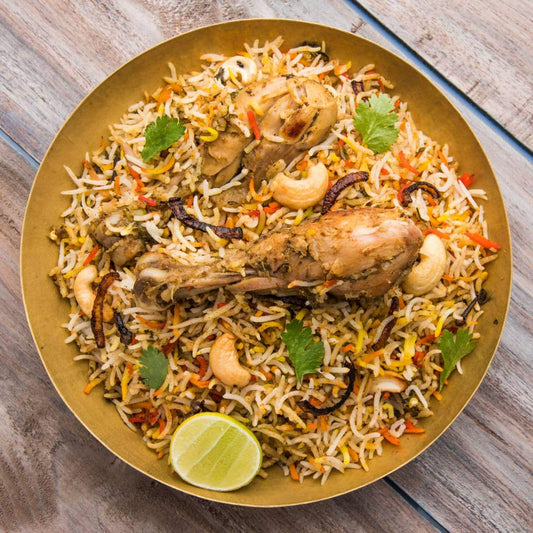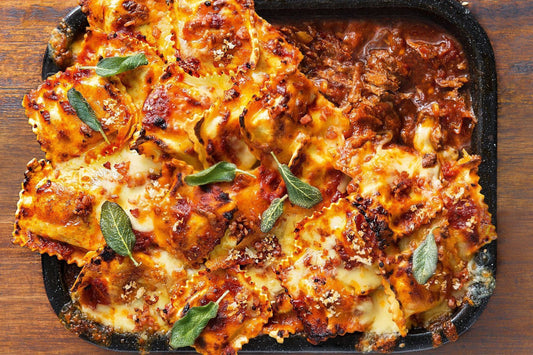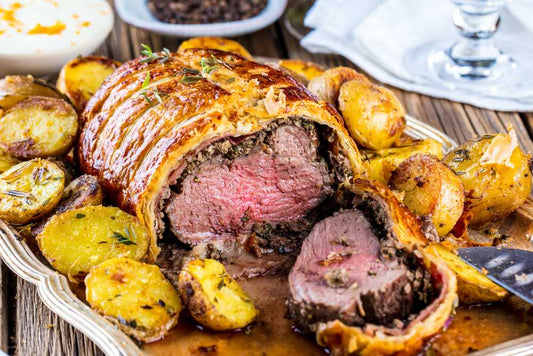Lipton Tea, a popular brand of tea enjoyed around the world, is renowned for its refreshing and soothing qualities. But can it actually get you drunk? This article delves into the relationship between tea and intoxication, exploring the possibilities and limitations of using Lipton Tea to achieve a state of inebriation. We'll examine the nature of tea, its components, and the potential for alcoholic beverages to be involved.
Understanding Lipton Tea
Lipton Tea is a brand that offers a variety of tea types, including black tea, green tea, and herbal infusions. These teas are known for their distinct flavors and health benefits, often praised for their antioxidants and calming effects. However, the primary focus of Lipton Tea is on providing a non-alcoholic, caffeinated beverage that can be enjoyed both hot and cold.
Can Tea Itself Cause Intoxication?
Tea, in its natural state, does not contain alcohol or any substances that can induce drunkenness. The primary components of tea are:
- Caffeine: An active stimulant that can increase alertness and energy but does not cause intoxication.
- Tannins: Compounds that can affect iron absorption but do not contribute to inebriation.
- Antioxidants: Beneficial compounds that help neutralize free radicals but are not linked to alcohol effects.
The question of getting drunk with tea, including Lipton Tea, becomes complex when considering the introduction of alcoholic elements.
The Role of Alcohol in Intoxication
To achieve intoxication, alcohol must be present. Intoxication results from the consumption of ethanol, the type of alcohol found in beverages such as beer, wine, and spirits. Since Lipton Tea itself does not contain alcohol, drinking it alone cannot cause drunkenness.
Mixing Lipton Tea with Alcohol
Mixing Lipton Tea with Alcohol introduces the possibility of intoxication. By adding an alcoholic beverage to Lipton Tea, you create a cocktail that can have varying levels of alcohol content, depending on the proportions used. Here’s how you can mix Lipton Tea with alcohol:
- Lipton Iced Tea and Vodka: Combine Lipton Iced Tea with vodka to create a refreshing cocktail. The vodka adds the alcohol content needed for intoxication.
- Lipton Tea and Whiskey: Mix Lipton Hot Tea with whiskey for a warming beverage with alcohol. Adjust the whiskey amount based on your desired strength.
- Lipton Green Tea and Rum: Blend Lipton Green Tea with rum for a unique twist. The rum contributes the alcoholic element to the mix.
The key to getting drunk with Lipton Tea is to ensure that the drink contains enough alcohol to exceed legal and personal tolerance levels. The tea itself provides flavor and a non-alcoholic base but does not influence the level of intoxication.
The Effects of Alcoholic Tea Cocktails
When drinking alcoholic tea cocktails, the effects on your body are influenced by both the tea and the alcohol. Here’s what to consider:
- Alcohol Absorption: The presence of alcohol accelerates intoxication. Drinking quickly can lead to faster and more pronounced effects.
- Tea’s Caffeine: Caffeine in tea can counteract some effects of alcohol, potentially making you feel more alert. However, this does not prevent intoxication.
- Flavor and Enjoyment: The addition of alcohol to tea can enhance the flavor and make it more enjoyable, but moderation is key to avoiding overconsumption.
Safety and Moderation
Drinking Responsibly: Mixing Lipton Tea with alcohol can be enjoyable but should be done with caution. Always be mindful of the alcohol content and drink responsibly to avoid overindulgence.
Understanding Your Limits: Know your own tolerance levels and never drive or operate machinery after consuming alcohol, even if mixed with non-alcoholic beverages.
Hydration: Drinking water alongside alcoholic beverages helps to stay hydrated and reduces the risk of a hangover.
Conclusion
In summary, Lipton Tea on its own cannot get you drunk as it does not contain any alcohol. However, when mixed with alcoholic beverages, Lipton Tea can be part of cocktails that have the potential to cause intoxication. The key is the addition of alcohol to the tea, which then allows for the possibility of becoming drunk.
When creating alcoholic tea cocktails, it's important to be mindful of alcohol content and to enjoy responsibly. Always keep in mind the effects of alcohol, the potential for intoxication, and the importance of moderation and safety.
By understanding these principles, you can safely explore the world of tea-based cocktails and enjoy a diverse range of beverages without compromising your well-being.


